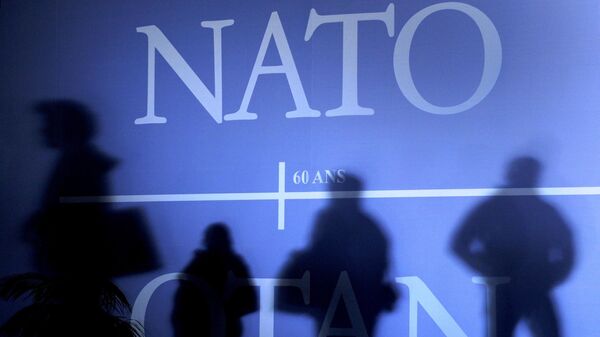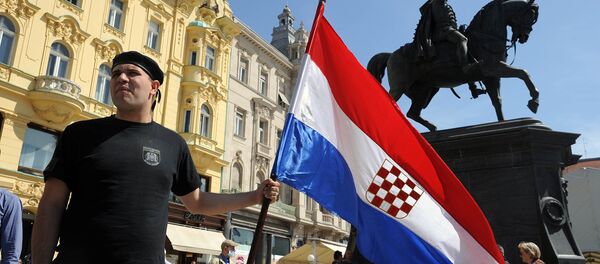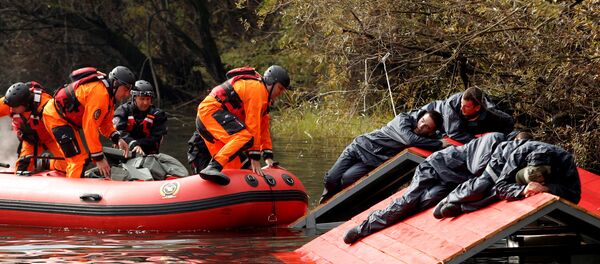In an interview with Sputnik Serbia, Aleksandar Pavic said the document reflected NATO’s desire to wreak new chaos in the Balkans, control it and move it in the “right” direction.
“NATO is the main factor that could trigger a major war in Europe. It is stirring up tensions in Europe, primarily with the help of this anti-Russian hysteria. Its main priority now is to minimize Russia’s role in the Balkans,” Pavic noted.
As for the threat posed by Islamic extremism, he insisted that rooting it out was not a priority for the alliance, which “is using extremism as a means of achieving its geopolitical goals.”
“NATO is doing nothing to persuade Bakir Izetbegović (leading member of the tripartite Presidency of Bosnia and Herzegovina) to close down their Wahhabi camps and keep a close eye on those returning from the war in Syria. NATO’s ambitions are clear: to neutralize Russia’s influence and provoke a conflict with Moscow in order to goldbrick on a new Cold War, there are no other reasons for NATO’s existence,” Pavic emphasized.
He added that the alliance never speaks openly about its military incursions and regime changes in other countries even though this is exactly what it does under the disguise of “preserving peace and stability.”
Alexandar Pavic named the two main targets of this “stabilization” in the Balkans: Serbia and the Bosnian Serb Republic, which prevents Bosnia-Herzegovina from joining NATO even though NATO’s main priority now is to complete the inclusion of Montenegro before the inauguration of US President-elect Donald Trump.
“The alliance deems this so important because with Montenegro in, it will have legal grounds for using the republic as an instrument of its meddling in Balkan affairs,” Pavic emphasized.
Professor of political science at the University of Banja Luka Aleksandar Vranjes said that any military intervention by NATO in Serbia would be viewed as an aggression because Serbia is a neutral state.
“NATO has no right to meddle in domestic affairs of the Balkan states some of which do not even happen to be NATO members. Even if an ethnic conflict flares up, Serbia still remains a neutral country, which means that any intervention by NATO will be considered as an act of war,” Professor Vranjes said.
On December 2, 2015, NATO invited Montenegro to join the military bloc and Podgorica accepted the invitation the following day. Serbia has been a member of NATO’s Partnership for Peace program since 2006, but is officially a militarily neutral state.
Never miss a story again — sign up to our Telegram channel and we'll keep you up to speed!




